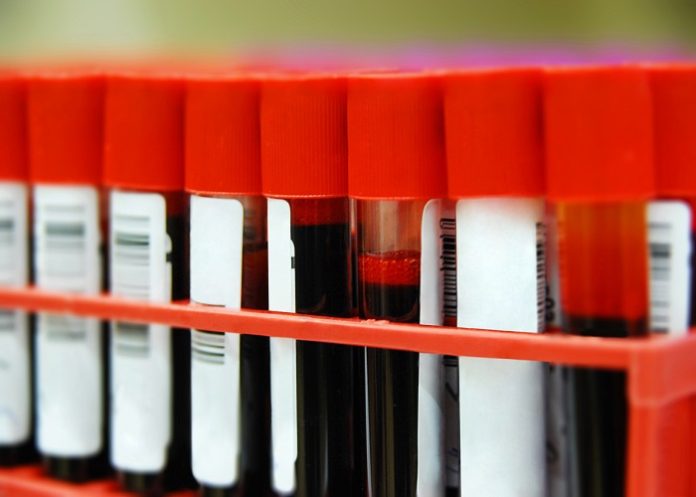French scientists have identified a new blood type, dubbed “Gwada negative”, belonging to a woman from the Caribbean island of Guadeloupe. She is the only known carrier of what is now the world’s 48th identified blood group system, according to France’s blood supply agency.
The announcement was made 15 years after researchers received a blood sample from a patient who was undergoing routine tests before surgery, the French Blood Establishment (EFS) said on Friday.
The discovery was officially recognised in early June in Milan by the International Society of Blood Transfusion (ISBT), it added.
Until now, the scientific association had recognised 47 blood group systems, reports France 24.
Thierry Peyrard, a medical biologist at the EFS involved in the discovery, told AFP that a “very unusual” antibody was first found in the patient in 2011. However, resources at the time did not allow for further research.
Scientists were finally able to unravel the mystery in 2019 thanks to high-throughput DNA sequencing, which highlighted a genetic mutation, he added.
The patient, who was 54 at the time and lived in Paris, was undergoing routine tests before surgery when the unknown antibody was detected.
“She is undoubtedly the only known case in the world,” he said, “and the only person in the world who is compatible with herself.”
Peyrard said the woman inherited the blood type from her father and mother, who each had the mutated gene.
The name “Gwada negative”, which refers to the patient’s origins and “sounds good in all languages”, has been popular with the experts, Peyrard added.
The ABO blood group system was first discovered in the early 1900s, where blood type is identified by the presence or absence of specific antigens. Thanks to DNA sequencing, the discovery of new blood groups has accelerated in recent years.
Peyrard and colleagues are now hoping to find other people with the same blood group.
See more from MedicalBrief archives:
Blood type tied to risk of early stroke – US study
Blood type could predict stroke risk before age 60 – Maryland study

